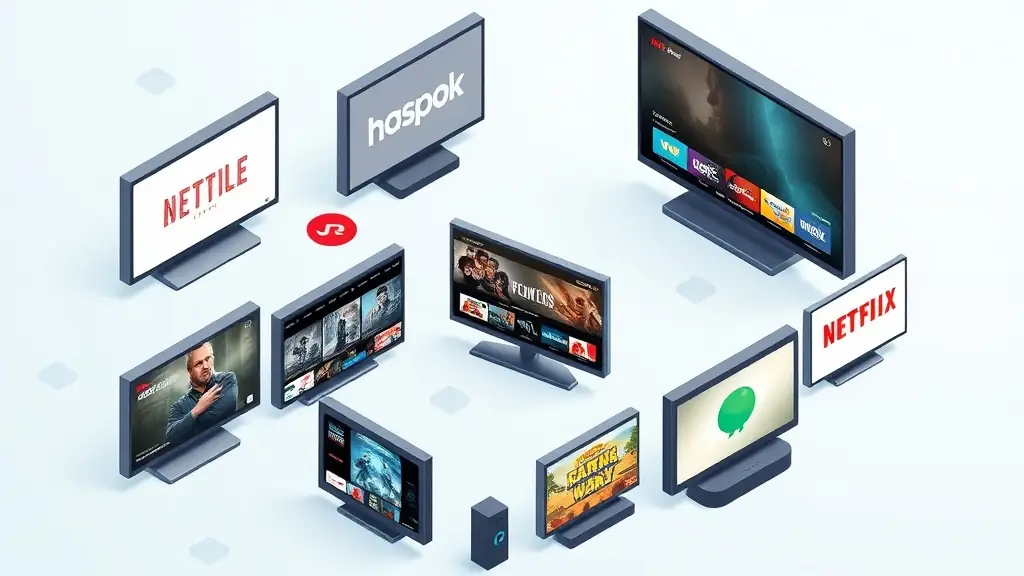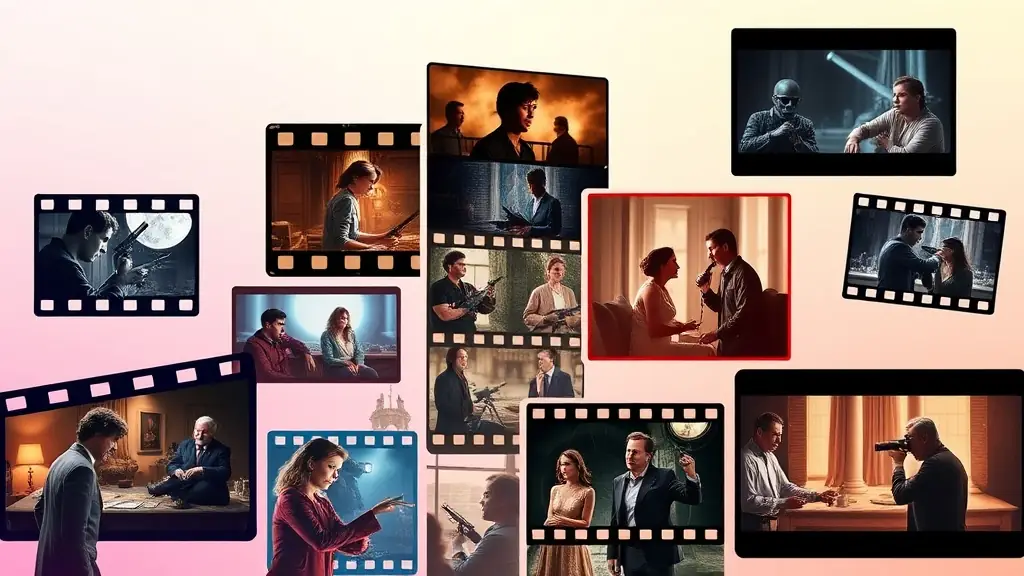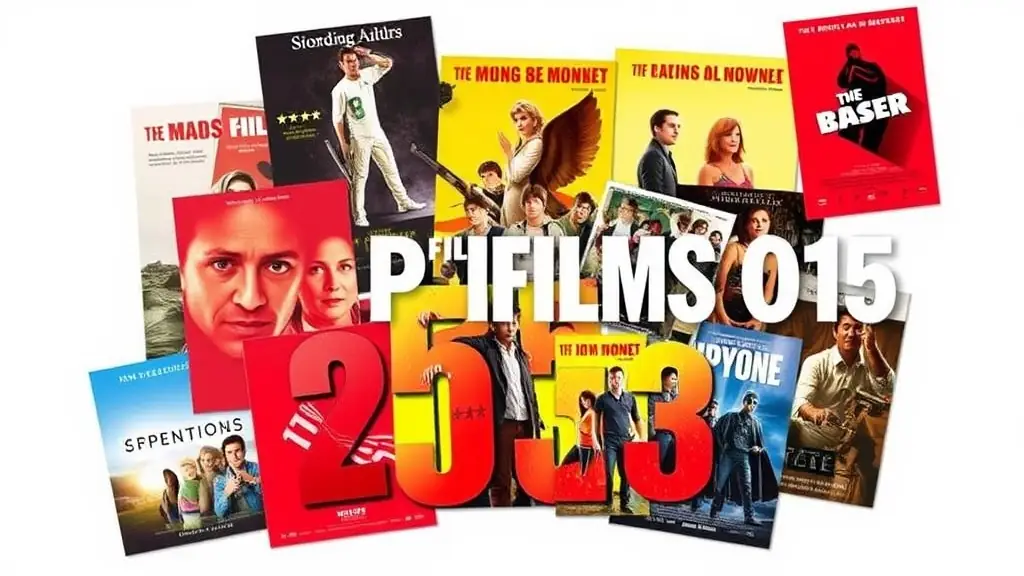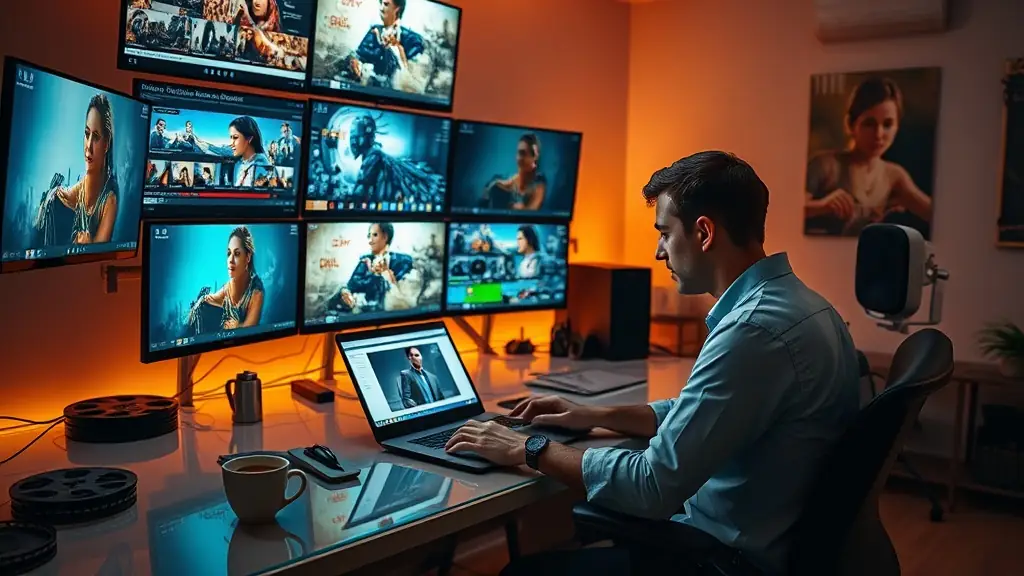The rise of streaming services has dramatically transformed the landscape of the film industry. Platforms like Netflix, Amazon Prime, and Disney+ have changed the way audiences consume films, offering a vast library of content at their fingertips. This shift has not only altered viewing habits but has also influenced the types of films being produced. With the demand for original content at an all-time high, filmmakers are exploring new narratives and genres that cater to diverse audiences.
Streaming services have also provided a platform for independent filmmakers to showcase their work. Many films that may not have found a place in traditional theaters are now reaching audiences through these platforms. This democratization of film distribution has led to a surge in creativity, as filmmakers are no longer bound by the constraints of the box office. As a result, viewers are treated to a wider array of stories that reflect different cultures and perspectives.
However, this shift has not come without challenges. The traditional cinema experience faces competition from the convenience of home viewing, leading to concerns about the future of theaters. As the industry continues to evolve, it will be interesting to see how filmmakers and audiences adapt to this new landscape. The impact of streaming services on cinema is profound, and it will undoubtedly shape the future of storytelling in the years to come.









